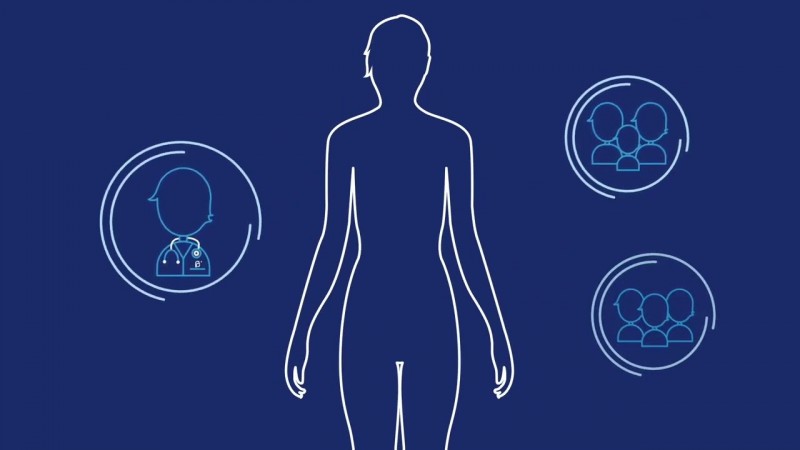
In recent times, the use of abortion pills has become a topic of intense debate and discussion. People are grappling with the decision of whether it's ethically and medically right to opt for abortion pills as a means to avoid unwanted pregnancies.
The abortion pill, also known as medication abortion, involves a combination of medications, typically mifepristone and misoprostol, to terminate a pregnancy. Understanding how these pills work is crucial in making informed decisions.
Before delving into the details, it's essential to navigate the legal aspects. The availability and legality of abortion pills vary globally. Access to these medications can be restricted or permitted depending on the country's laws and regulations.
Proponents argue that the ability to choose abortion pills empowers individuals to make decisions about their reproductive health autonomously. It offers an option for those facing unexpected pregnancies.
On the flip side, opponents raise ethical concerns about the use of abortion pills for pregnancy prevention. Religious beliefs, moral values, and the sanctity of life play a significant role in shaping these concerns.
Medical supervision during the administration of abortion pills is crucial. It ensures that the process is safe and monitored by healthcare professionals.
Understanding the potential risks and complications associated with abortion pills is vital for those considering this option. Nausea, heavy bleeding, and incomplete abortion are factors that need careful consideration.
Promoting comprehensive family planning education is crucial to empower individuals with knowledge about various contraceptive methods. This can potentially reduce the need for abortion pills as a last resort.
Improving access to contraceptives ensures that individuals have a range of options to prevent unwanted pregnancies. This is a proactive approach to addressing the root cause.
Encouraging individuals to make informed decisions is paramount. This involves understanding the available options, potential consequences, and seeking professional guidance.
The decision to use abortion pills is not merely a medical one. Emotional well-being must be considered, and support systems should be in place for those facing difficult choices.
Communities play a crucial role in providing support and resources for individuals facing unplanned pregnancies. Community-based organizations and networks can offer assistance.
Advocacy for reproductive rights is an ongoing effort. It involves promoting policies that ensure individuals have access to safe and legal reproductive healthcare, including abortion options.
Public opinion on abortion pills varies widely. Shifting societal perspectives and reducing the stigma associated with reproductive choices are essential for fostering understanding and support.
Encouraging open discussions about reproductive health and abortion can contribute to breaking the silence surrounding these topics. Dialogue helps dispel myths and misconceptions.
It's crucial to acknowledge the global disparities in access to reproductive healthcare. Efforts should be made to bridge these gaps and ensure equitable access for all.
Understanding cultural nuances is vital when addressing reproductive health on a global scale. Approaches must be culturally sensitive and consider diverse perspectives.
Investing in education initiatives that provide accurate information about reproductive health, contraception, and abortion options is key to empowering communities.
Continued research and innovation in reproductive healthcare can lead to advancements in safe and effective methods, addressing concerns associated with abortion pills.
Creating a supportive environment for individuals navigating the complexities of reproductive choices is essential. Compassion and empathy go a long way in offering comfort.
Ultimately, encouraging open dialogue, respecting diverse perspectives, and fostering understanding can contribute to a more informed and compassionate approach to reproductive healthcare.
These cheap cars come with 360 degree camera feature, which one will you buy?
Maruti-Toyota sell similar cars, yet there is so much difference in sales
MG Comet EV has become cheaper, know how much it will cost to enhance the beauty of your home